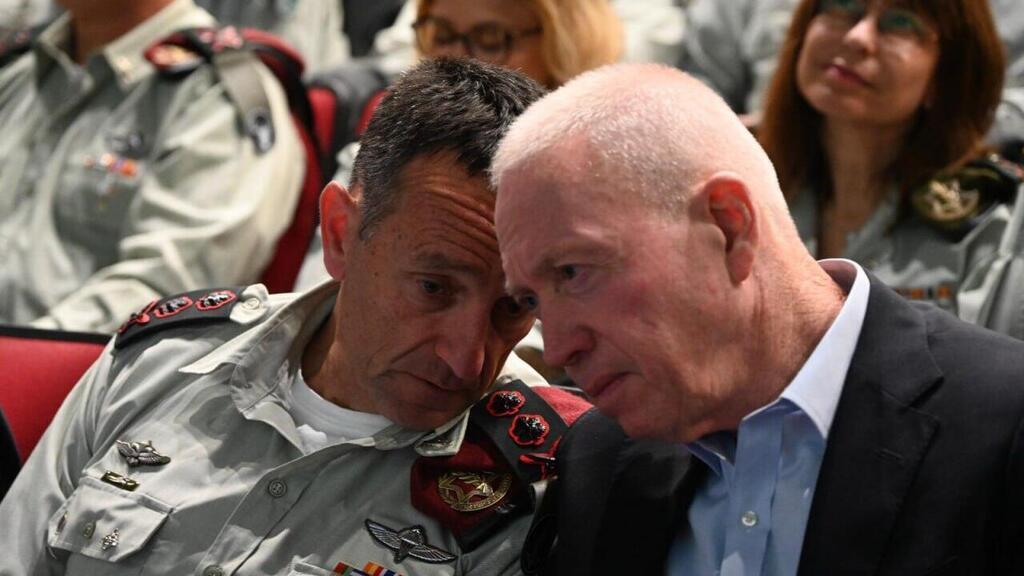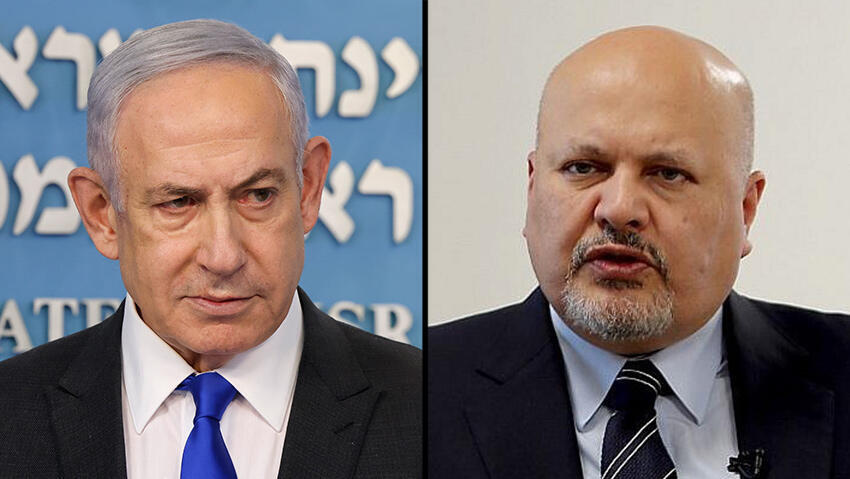Getting your Trinity Audio player ready...
Prime Minister Benjamin Netanyahu convened a high-stakes discussion on Tuesday evening about the looming possibility that the International Criminal Court (ICC) in The Hague might heed the request of its chief prosecutor, Karim Khan, and soon issue arrest warrants against him and Defense Minister Yoav Gallant. This pivotal meeting was attended by key figures, including Justice Minister Yariv Levin, Strategic Affairs Minister Ron Dermer and Attorney General Gali Baharav-Miara.
Netanyahu anticipates the court will act on the prosecutor’s request and issue the warrants soon–potentially even before his upcoming speech in front of the U.S. Congress on July 24. However, there’s currently no clear indication of the court’s decision. The futher we get from the date when Khan submitted the request on May 20, the closer we are to the ICC's pre-trial chamber making its decision. Historically, this process has taken anywhere from one to eight months – January being the latest possible timeline in this case. For instance, it took only a month for the ICC to issue a warrant against Russian President Vladimir Putin.
Given that Khan submitted the request publicly, it’s likely that the court’s decision also will be made public. However, there’s a possibility that the arrest warrants might be issued secretly to prevent any interference with the proceedings.
Personal appeal is off the table
In Israel, discussions are already underway regarding the aftermath – should the judges in The Hague indeed issue arrest warrants against Netanyahu and Gallant. Among the possibilities considered was Netanyahu personally appealing to Khan, but this option has since been abandoned.
2 View gallery


IDF Chief of Staff Herzi Halevi with Defense Minister Yoav Gallant
(Photo: Defense Ministry)
Both Israel and the individuals facing personal arrest warrants have the option to appeal to the court, presenting arguments for the annulment of the warrants. Israel might argue on grounds of jurisdiction and complementarity, while the individuals concerned can argue on the grounds of jurisdiction, governance and the merits of the case. It remains unclear whether these arguments will be submitted in writing or through an appearance before the court.
A total of 123 countries are signatories to the Rome Statute, which defines the powers of the International Criminal Court in The Hague. These nations are obligated to enforce the warrant and arrest the individuals named in the warrants. Prime Minister Netanyahu faces the risk that if his plane lands – even for an emergency – in a country that is a signatory to the Rome Statute, he could be apprehended on the spot.



